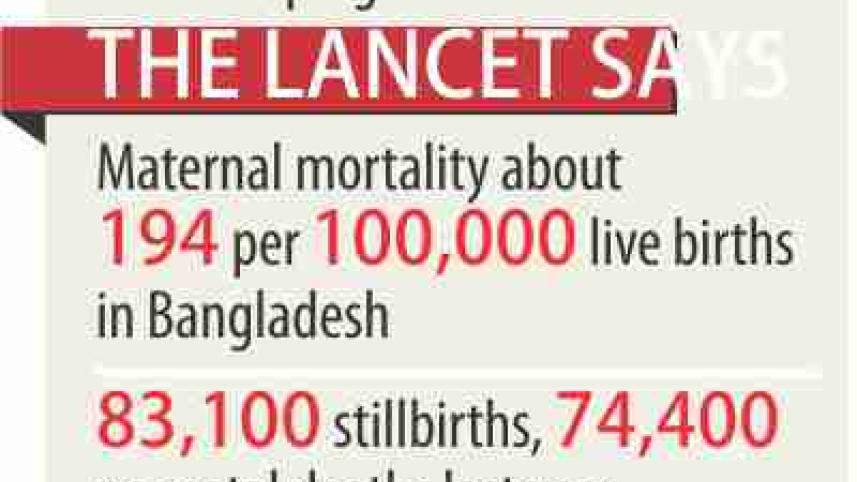Gates Foundation pledges $120m more for family planning

Bill & Melinda Gates Foundation Co-chair Melinda Gates yesterday announced increasing funds for family planning programmes by 25 percent over the next three years, providing an additional US $120 million.
With the world taking up the new global agenda of Sustainable Development Goals: 2015-2030, other leaders called for higher investment, highlighting that every human life was valuable and none should be left behind.
Unintended pregnancy, early marriage, lack of reproductive and sexual education as well as services and contraceptive supplies are the major reasons behind maternal deaths, experts say.
"There is no time to lose, so let's start," Melinda said in a video message at the opening of the 4th International Conference on Family Planning (ICFP) at Nusa Dua, Bali.
The US-based charity says every dollar spent on family planning can save governments up to US $6 dollars, which can be spent on improving public services including healthcare, housing, water and sanitation.
However, over 220 million women in developing countries who do not want to get pregnant lack access to contraceptives and family planning information and services, according to an ICFP statement.
Less than 20 percent of women in Sub-Saharan Africa and barely one-third of women in South Asia use modern contraceptives.
In 2012, an estimated 80 million women in developing countries had an unintended pregnancy and at least one in four of them resorted to an unsafe abortion.
"Three years ago, the global community set an ambitious goal. More than that, we made a promise. A promise to 120 million women and girls that by 2020 they would have access to family planning services and contraceptives if they wanted it," stated Melinda.
"Since we made that promise, millions of unintended pregnancies have been avoided and thousands of lives saved. But the hard truth is that to keep it, we must do more and we must act now," she said.
The Bill & Melinda Gates Institute for Population and Reproductive Health at the Johns Hopkins Bloomberg School of Public Health, and the National Population and Family Planning Board of Indonesia (BKKBN) organised the event styled "Global Commitments, Local Actions."
Around 3,000 leaders, United Nations officials, academics, including those from Bangladesh, and non-government organisations are attending the five-day conference.
"Family planning is about women's right and their capacity to take decisions about their health and well-being contributing to the objectives of FP2020," said Dr Babatunde Osotimehin, UN under-secretary-general and United Nations Population Fund executive director.
"It is a most significant investment to promote human capital development, combat poverty and harness a demographic dividend, thus contributing to equitable and sustainable economic development within the context of the Sustainable Development Goals," he said.
Indonesia's President Jokowi Widodo insisted that stigma and discrimination against women seeking family planning services must end, and that family planning education must become a priority in Indonesia, having the world's fourth largest population of over 250 million.




 For all latest news, follow The Daily Star's Google News channel.
For all latest news, follow The Daily Star's Google News channel.
Comments